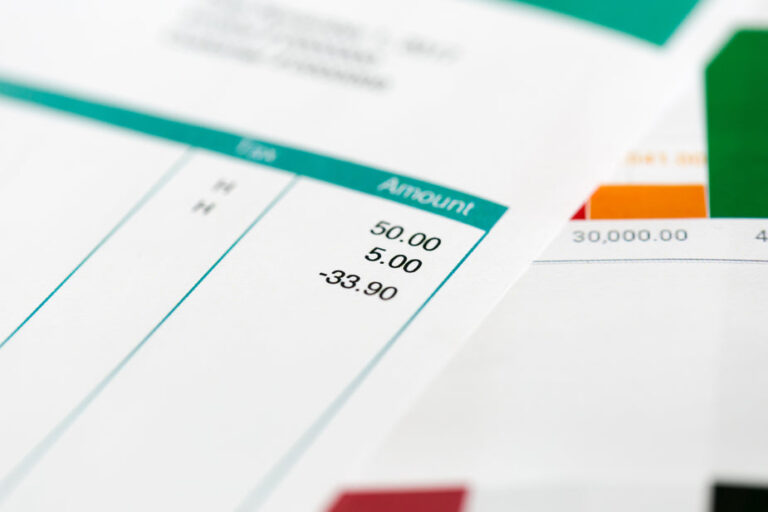As Australia’s economy continues to evolve, economic justice is taking on renewed urgency. In 2025, cost-of-living pressures, wage stagnation, and the ongoing housing crisis have placed fair access to resources and opportunities at the top of the policy agenda. But economic justice isn’t just a matter for politicians—everyday Australians, businesses, and community organisations are playing pivotal roles in shaping a fairer future.
What Does Economic Justice Mean in 2025?
Economic justice is about more than just income equality. It’s about ensuring everyone has the opportunity to thrive, regardless of background or postcode. In practical terms, it means:
- Fair wages: Ensuring work pays enough for a decent standard of living.
- Accessible housing: Tackling skyrocketing rents and home prices so all Australians can secure stable housing.
- Financial inclusion: Expanding access to banking, credit, and affordable financial services.
- Equitable tax policy: Structuring taxes to reduce inequality without stifling growth.
In 2025, the conversation has shifted from abstract ideals to concrete policy reforms and grassroots initiatives.
2025 Policy Updates: Where Australia Stands
This year, several key policy changes have put economic justice under the spotlight:
- Stage 3 tax cuts revision: The Federal Government’s revised tax cuts, effective from July 2024, prioritise middle- and lower-income earners, with estimates suggesting 85% of workers will benefit more than under the original plan.
- Minimum wage boost: The Fair Work Commission’s 2025 decision delivered a 4% increase to the national minimum wage, raising it to $24.20 per hour. This move, aimed at keeping pace with inflation, directly impacts over 2.6 million Australians.
- Affordable housing investment: The National Housing Accord continues to roll out with a target of 1.2 million new homes by 2029, with a significant portion earmarked for social and affordable housing.
- Cost-of-living relief: New energy rebates and childcare subsidies are reaching more families in 2025, aiming to offset inflation’s bite.
These reforms mark meaningful steps, but critics argue that more ambitious action is needed—particularly on wealth taxes, superannuation equity, and regional investment.
Real-World Impacts and Community Action
Beyond Canberra, economic justice is being shaped by local action and innovation. Here are some examples of how Australians are driving change:
- Community finance initiatives: Organisations like Good Shepherd and Indigenous Business Australia are expanding microfinance loans and financial literacy programs, helping vulnerable Australians escape payday lending traps.
- Workplace reform: Companies in retail and hospitality are experimenting with four-day workweeks and wage transparency to attract talent and boost fairness.
- Local housing trusts: Councils in cities like Melbourne and Brisbane are piloting community land trusts, keeping housing affordable for key workers and first-home buyers.
Recent data shows that regions with strong local economic justice initiatives see lower rates of financial stress and higher social mobility. For example, Tasmania’s expanded social housing program has halved wait times for vulnerable families in Hobart since 2023.
The Road Ahead: Opportunities and Challenges
While 2025’s policy changes signal progress, major challenges remain. Wage growth still lags behind inflation for many, and the wealth gap between generations is widening. The rise of gig work and automation threatens to leave some behind, making lifelong learning and digital access more important than ever.
For Australians keen to advance economic justice, the most effective levers are:
- Supporting businesses and organisations that prioritise fair wages and inclusive hiring.
- Getting involved in local advocacy or volunteering for financial literacy programs.
- Voting for policy platforms that address housing, tax fairness, and cost-of-living relief.
Economic justice isn’t a distant goal—it’s a daily commitment to building a fairer, more resilient Australia, one policy and one community at a time.

